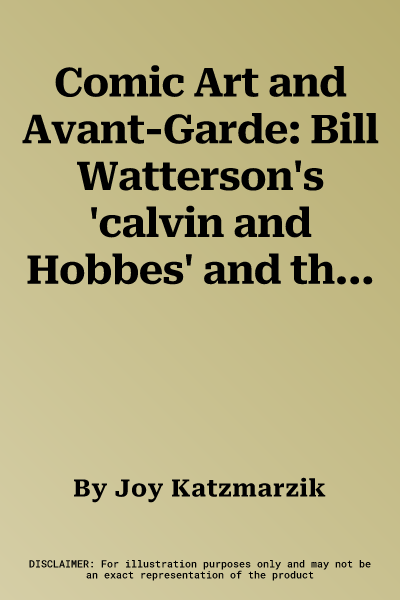Joy Katzmarzik
(Author)Comic Art and Avant-Garde: Bill Watterson's 'calvin and Hobbes' and the Art of American Newspaper Comic StripsHardcover, 14 February 2019

Qty
1
Turbo
Ships in 2 - 3 days
Only 4 left
Free Delivery
Cash on Delivery
15 Days
Free Returns
Secure Checkout

Part of Series
American Studies - A Monograph
Print Length
298 pages
Language
English
Publisher
Universitatsverlag Winter
Date Published
14 Feb 2019
ISBN-10
3825368769
ISBN-13
9783825368760
Description
Product Details
Author:
Book Format:
Hardcover
Country of Origin:
US
Date Published:
14 February 2019
ISBN-10:
3825368769
ISBN-13:
9783825368760
Language:
English
Location:
Heidelberg
Pages:
298
Publisher: